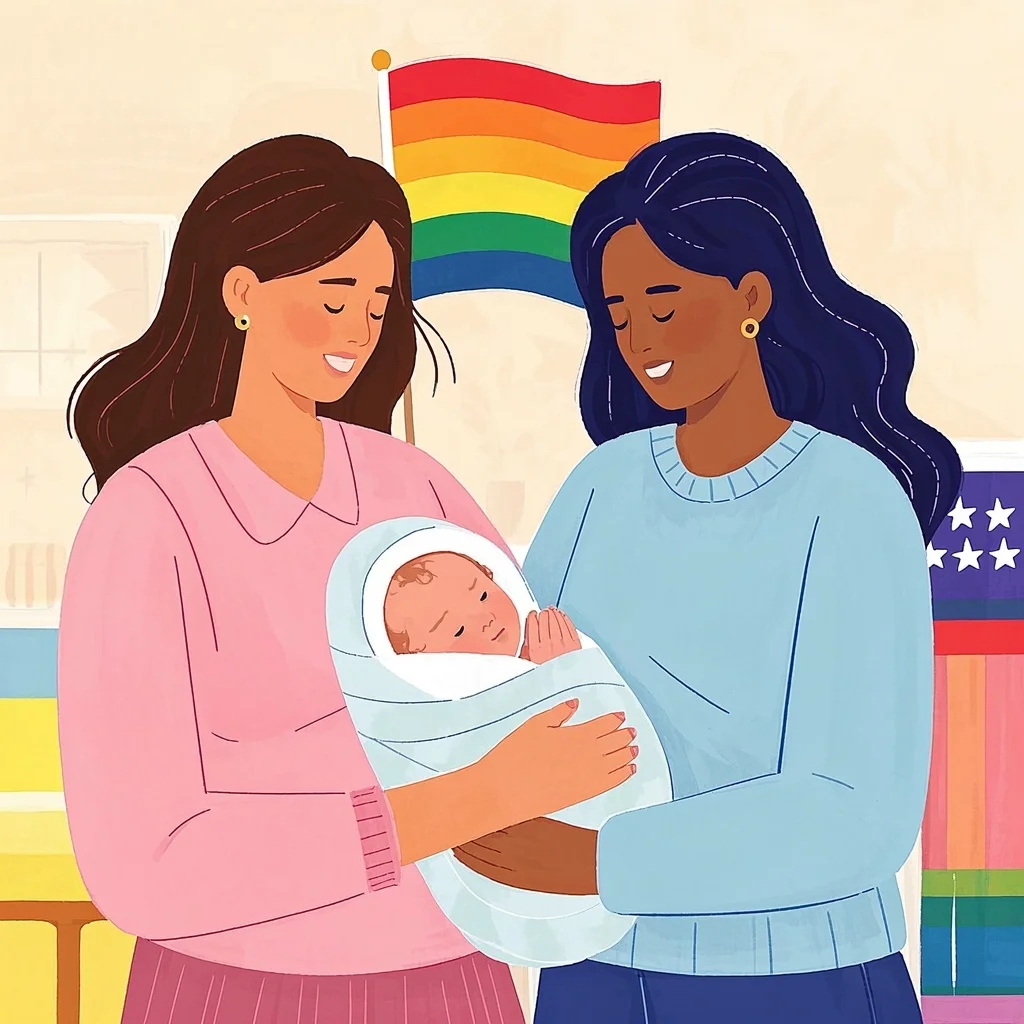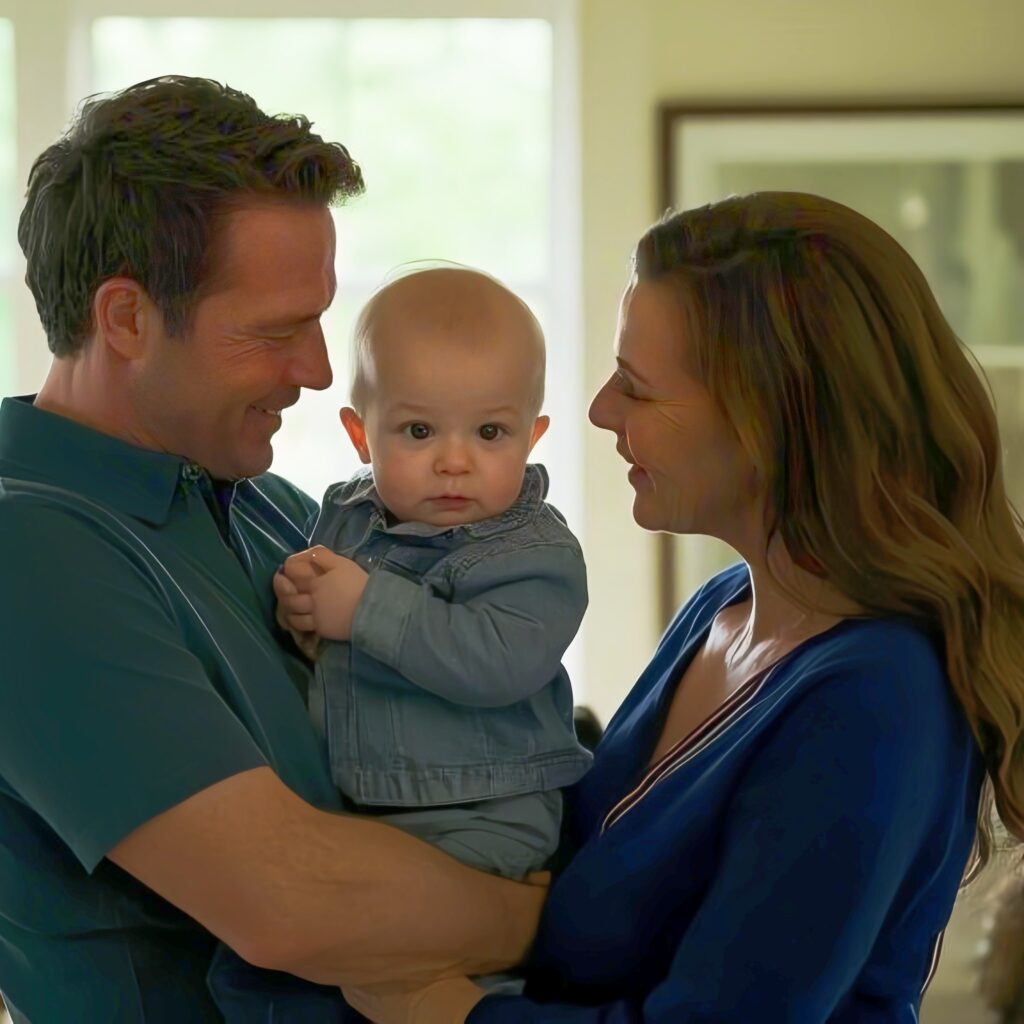Short answer: Yes — two women can absolutely have a baby together.
Thanks to modern science and evolving family laws, same-sex female couples now have several options to grow their family and become parents. Let’s break down how it works.
1. The Most Common Way: Donor Sperm + IUI or IVF
The most accessible option for two women to have a child is by using donor sperm.
- Intrauterine Insemination (IUI):
Sperm from a donor is inserted directly into one partner’s uterus during ovulation. If successful, this can lead to a natural pregnancy. - In Vitro Fertilization (IVF):
An egg is retrieved from one partner, fertilized with donor sperm in a lab, and then implanted into the uterus (either of the two).
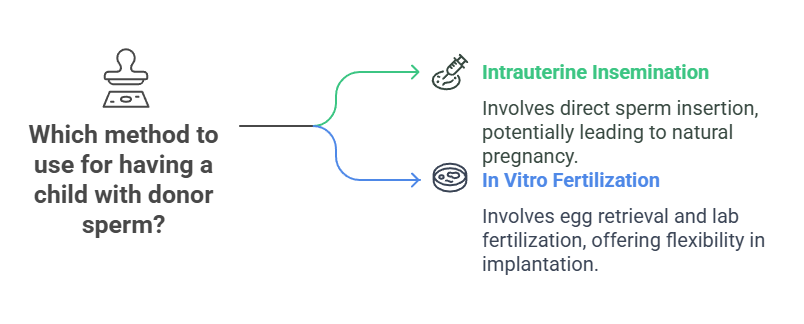
2. Reciprocal IVF – A Shared Journey
This is a beautiful and increasingly popular method among lesbian couples.
- One woman provides the egg (biological mother),
- The other carries the pregnancy (gestational mother).
This allows both partners to participate physically and emotionally in the process of creating and carrying their baby. ❤️
More: The Role of IVF in Surrogacy: What Intended Parents Should Know
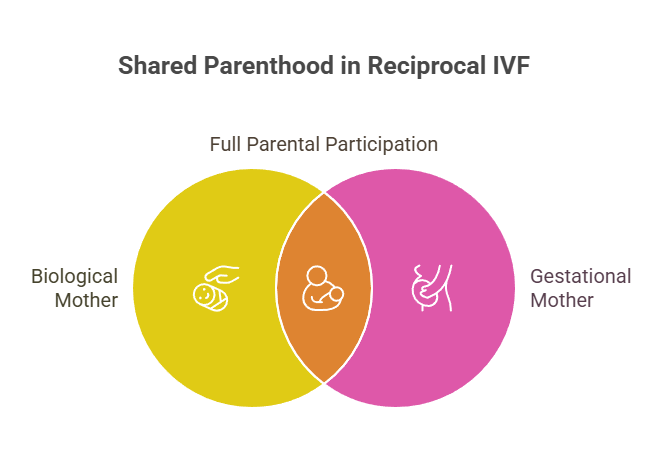
3. Adoption & Co-Parenting
Some couples choose to adopt a child or become parents through foster care. This is another powerful way two women can build a loving family.
- Both partners can adopt jointly in many countries.
- Adoption laws vary by region, but LGBTQ+ rights are expanding globally.
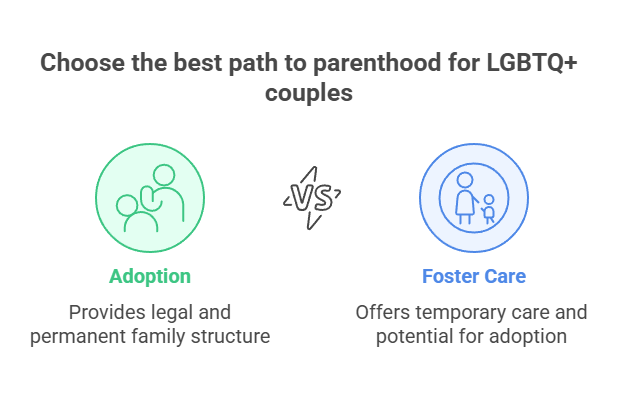
4. Future Possibility: Egg + Egg Fertilization
Scientists are exploring experimental procedures that may someday allow two eggs to be combined to create a biological child from both women.
While not yet available to the public, this represents a hopeful glimpse into the future of same-sex reproduction.
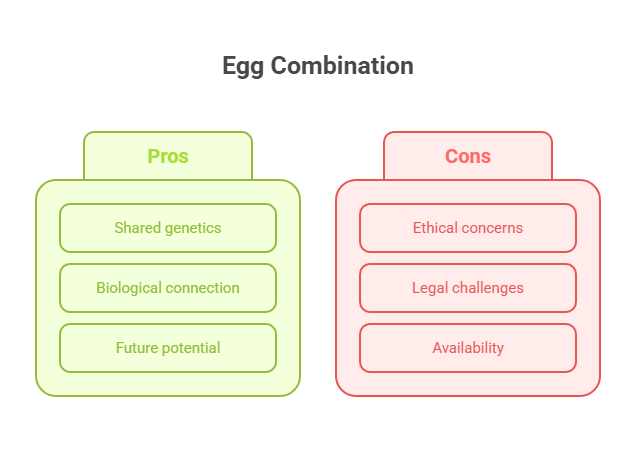
Final Thoughts
Yes — two women can have a baby together, and they have multiple beautiful paths to parenthood. Whether through IUI, IVF, reciprocal IVF, or adoption, love is the foundation of family. 🏡🌈

